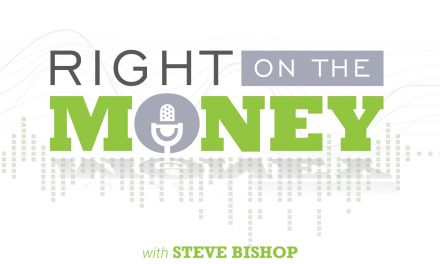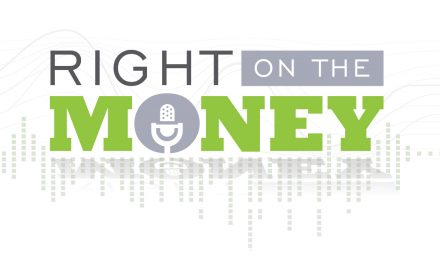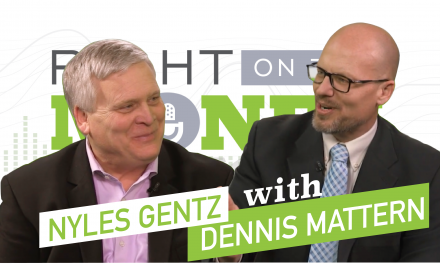Over Valuation Is the Number-One Mistake if Your Business Is Your Retirement Plan
It’s not uncommon for a small business owner to view the sale of their business as their retirement plan. They throw all their energies and profits into the business to bolster the valuation, so it’s not unusual they don’t have a 401(k) or IRA. That’s fine, if you can sell your business near its projected valuation. But most small business owners overvalue their sale price and often take less than anticipated. That’s why it’s important to create and maintain a personal retirement plan that isn’t dependent on the sale price of the business.
There are several cable shows that deal with small businesses and entrepreneurs. One of the most popular programs is “Shark Tank.” After viewing several episodes, one thing is clear: you need to know your numbers, and the odds are, your numbers are wrong. Many a confident business owner has walked into the “Tank,” and had their head handed to them by Kevin O’Leary, known as Mr. Wonderful. There’s nothing wonderful about being skewered by Kevin’s relentless quest for realistic numbers. It’s almost inevitable the entrepreneur has over valuated their business 10, sometimes 15 times its earnings. But after Kevin’s done with them, they’re lucky it’s worth half of what you initially offered. Oh, and if you don’t take Kevin’s scaled-down counter offer, he responds with a dispassionate, “You’re dead to me.” But in reality, you were dead already because your valuation and the way you arrived at your valuation is not in keeping with industry best practices. It’s better to discover the true valuation of your business now and manage to it. You don’t to be within five years of retirement with an unrealistic sales price for your business that’s going to leave you short in your golden years.
There are a variety of retirement strategies with tax advantages that may prove valuable when you retire. A defined contribution plan is tax deductible, it accumulates tax deferred, but distributions are taxable (see ERISA qualified plans for more information). Non-qualified retirement plans are not deductible, but they do accumulate tax deferred. If you use annuities, the distributions of gain are taxed as ordinary income. If you use a non-modified endowment cash value life insurance contract, distributions can be tax-free by taking withdrawals of basis and collateralized policy loans of gain. The big caveat here is the life insurance contract must be kept in force for the life of the policy insured to maintain the tax-free distributions of policy loans. Having a personal retirement plan can be the floor of your financial stability. The proceeds from the sale of your business should be viewed as an appreciated asset above and beyond retirement necessities.
Syndicated financial columnist and talk show host Steve Savant interviews Caine Nakata, co-business owner and entrepreneur on business planning strategies. Right on the Money is a weekly one-hour financial talk show for consumers.




